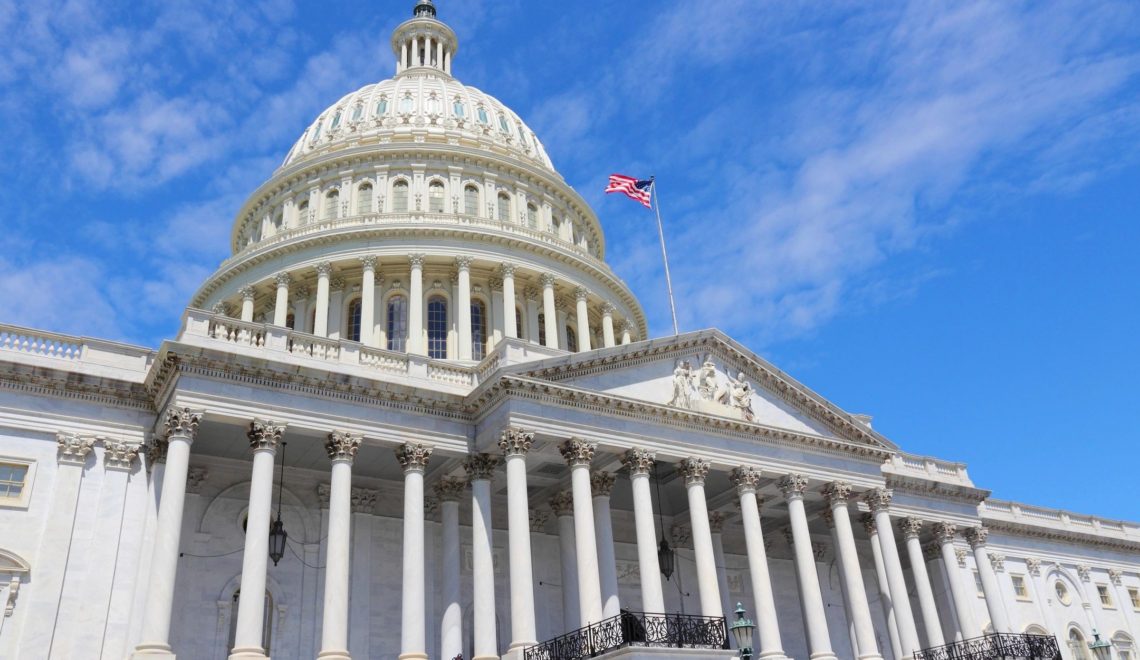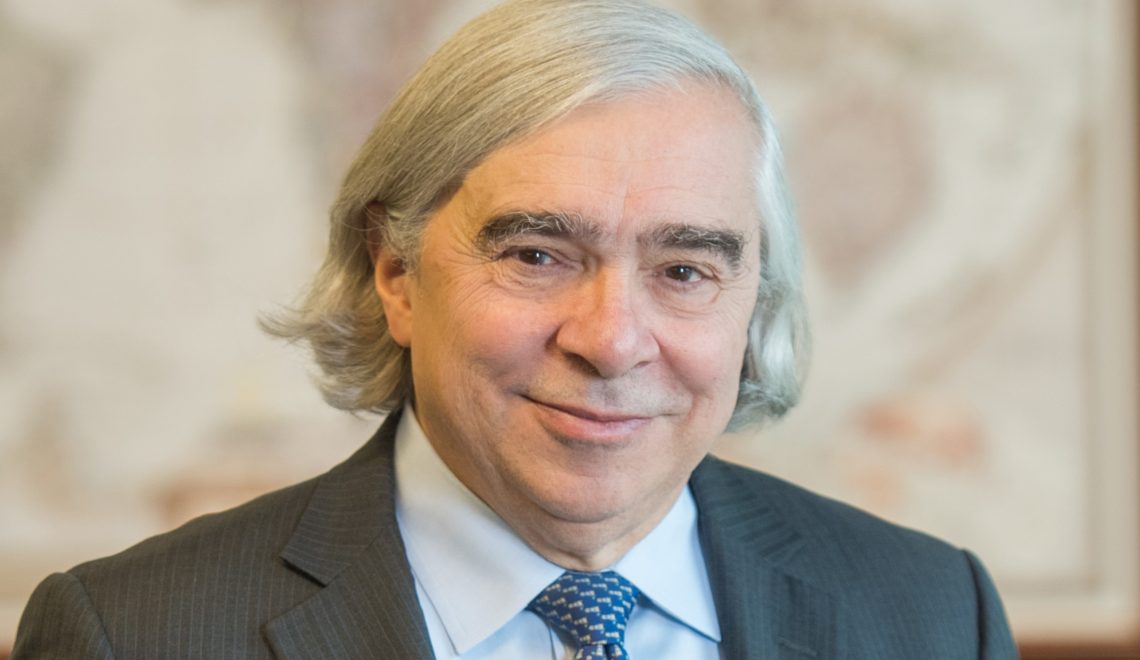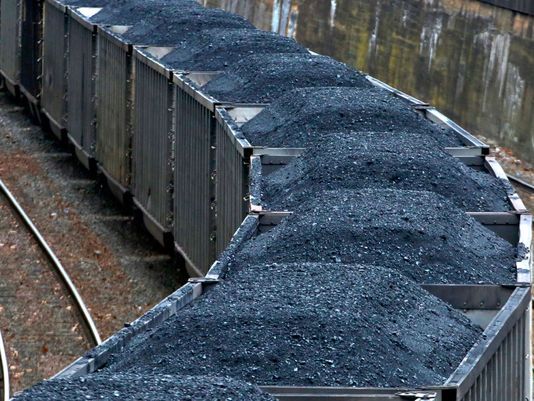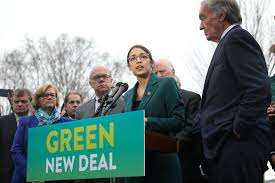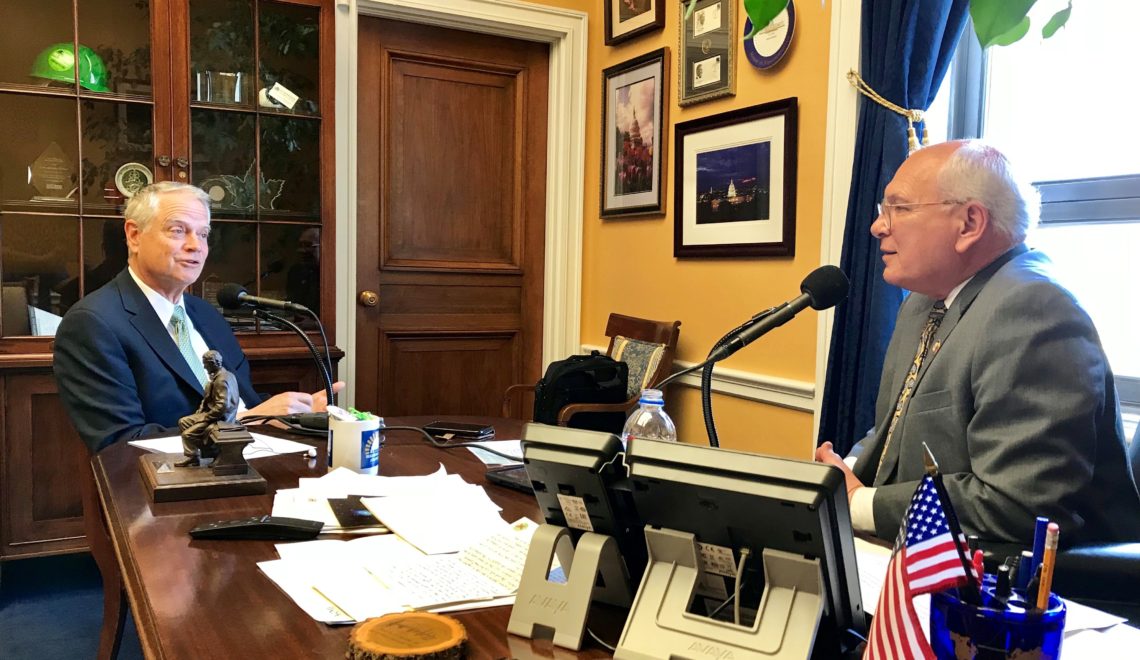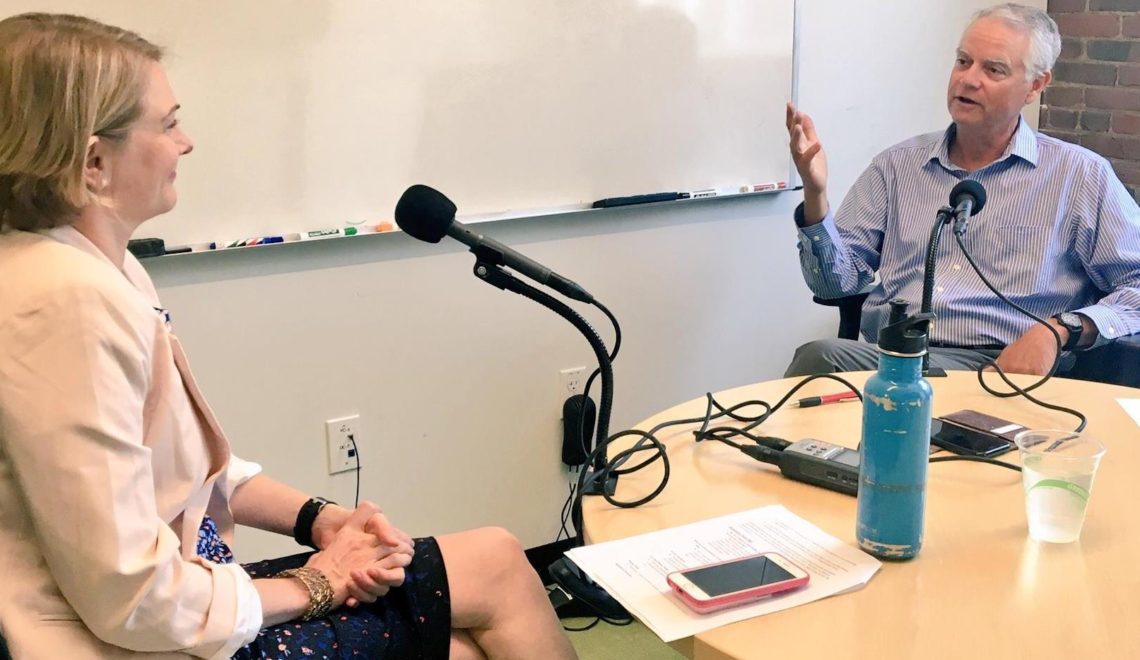Democrats’ blueprint for action on climate change
A new report from Democrats on the House Select Committee on the Climate Crisis calls for comprehensive actions by the U.S. Congress to reduce greenhouse gas emissions in the U.S. as quickly as possible, make communities more resilient to climate change, and build a durable and equitable clean energy economy. Called “Solving the Climate Crisis: The Congressional Action Plan for a Clean Energy Economy and a Healthy, Resilient and Just America,” the 550-page report contains hundreds of recommendations. Some call it the most far-reaching report on climate change to ever appear on Capitol Hill. In this edition of Columbia Energy Exchange, I reached the chair of the House Select Committee on the Climate Crisis, Rep. Kathy Castor, a Florida Democrat, soon after the report was released by House Speaker Nancy Pelosi and Rep. Castor. It was the second appearance on…
Continue reading
